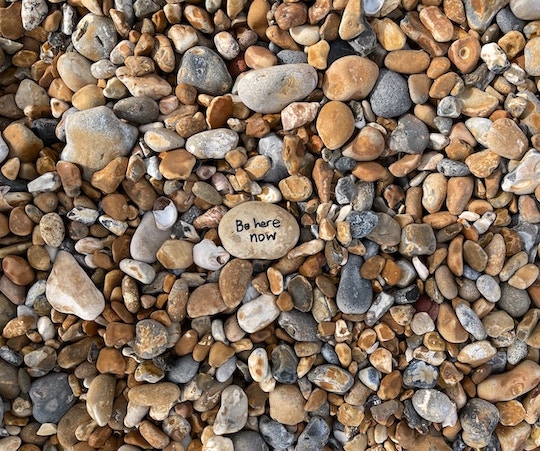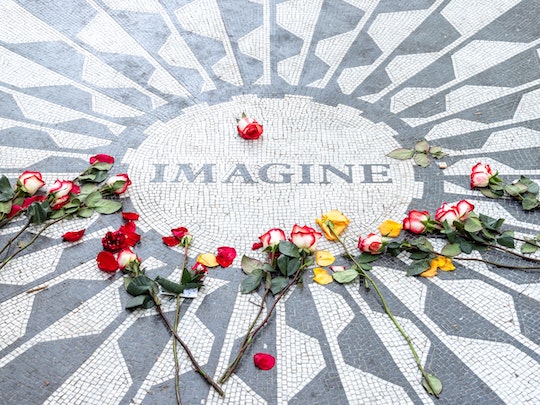“Reading gives us some place to go when we have to stay where we are.”
—Mason Cooley, Late American Aphorist

Photo by Laëtitia Buscaylet on Unsplash
My mother, Rose, was the most avid reader I’ve ever known. As a boy, I would frequently go with her to the library where, every three weeks, she would pick a new batch of 12 books. She devoured them every evening after dinner.
I recall her frustration on one occasion, in that she could not find, in our small local library, enough books of interest that she had not already read.
Although she was never a world traveler or college graduate, she took countless trips with her vivid imagination – wherever her written portals to adventure would take her.
EXERCISE:
Consider visiting your local library or bookstore to pick up a book that will take you on a great adventure, from the comfort of your favorite chair.












